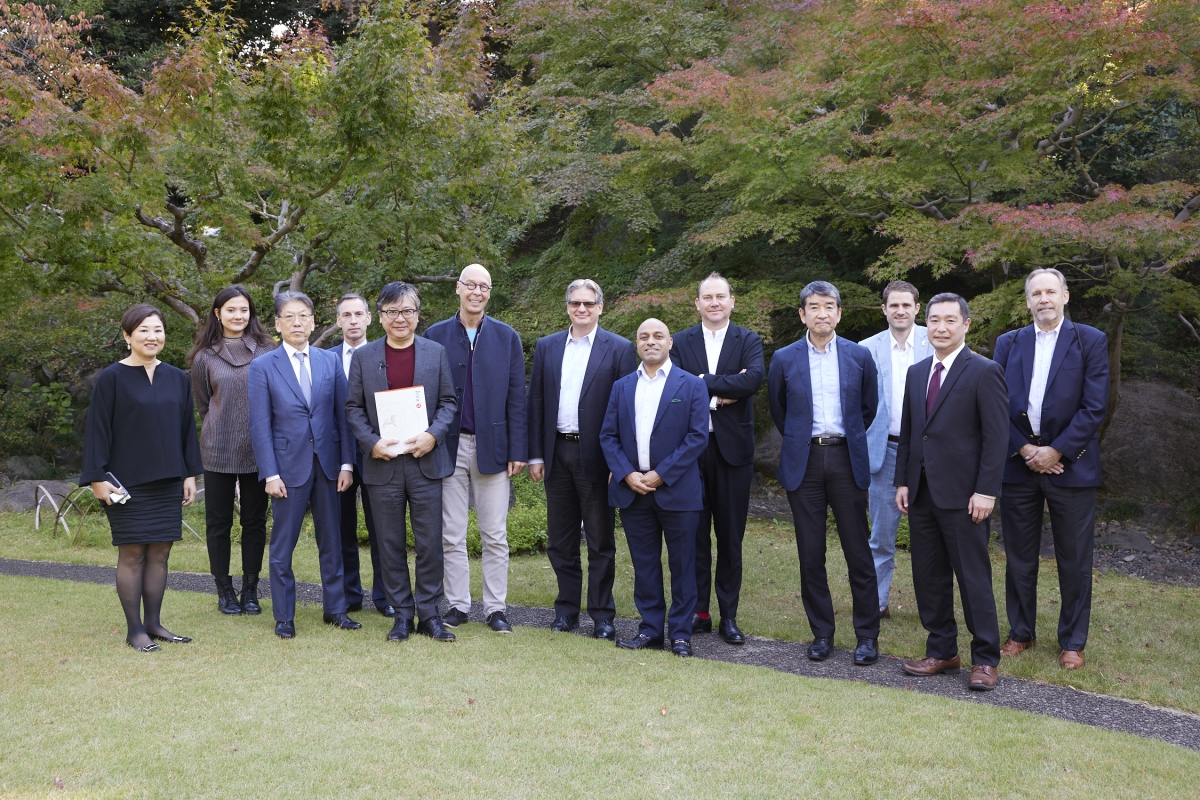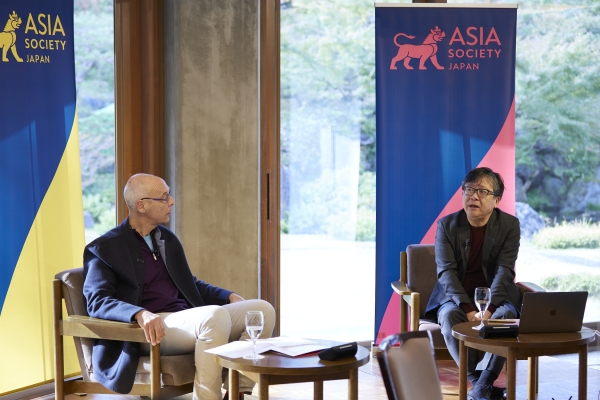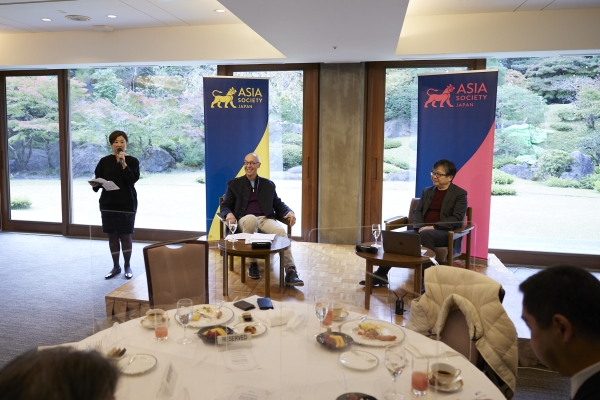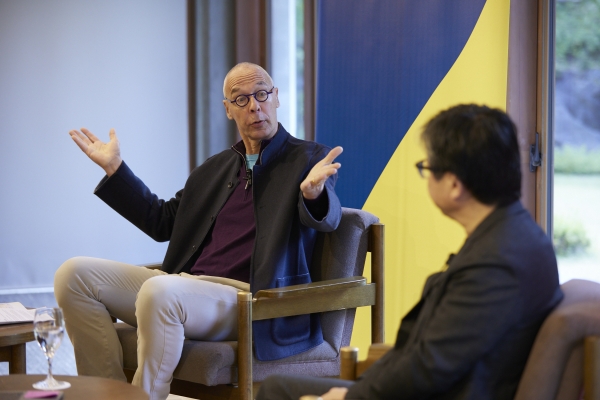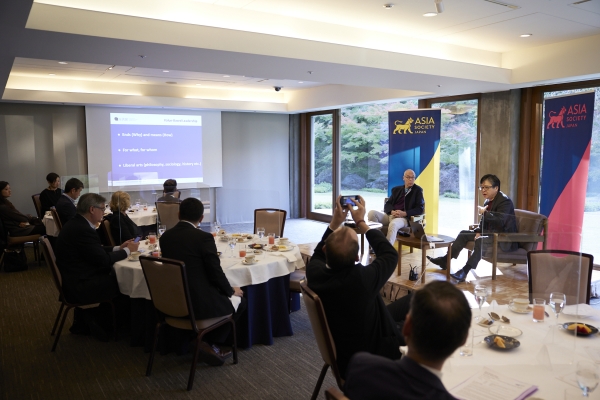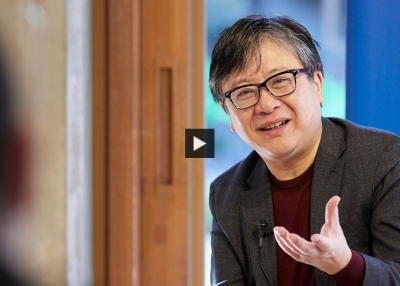Educating Leaders — Lessons from Japan and the World (Recap)
Startup Nation Japan
On November 9, 2022, founder of Shizenkan University in Tokyo, Dr. Tomo Noda, joined Startup Nation Japan to talk about the new type of management education necessary to develop leaders that the world needs today. Noda explained the “whole person” leadership development approach he implemented at his school as a response to challenging and uncertain times. Jesper Koll, chair of the policy committee at Asia Society Japan, moderated the conversation.
Whole-person leadership approach
Dr. Noda has been a researcher/educator, entrepreneur, and changemaker in the different phases of his life. After fifteen years of studying and teaching at Western business schools, he found that he was not fully satisfied with their approach and left academics. Then, returning to Japan, he founded ISL with the support of many business and social leaders. He explored a “whole-person” leadership development approach that considers the multiple responsibilities and roles that each individual bears. In 2018, he established Shizenkan University Graduate School of Leadership and Innovation with an aim to renew the global paradigm of business and leadership education.
MBA = Master of Being American
Shizenkan’s founding spirit is to “strive to realize a peaceful and prosperous future with kindred minds across the world by pioneering a whole-person management leadership education approach from Japan and the East.” He felt that the Western business school approach, often referred to as the “Global Standard,” was the epitome of 20th-century capitalism. Centralized management and hierarchy have been drivers of mass production and mass consumption.
Dr. Noda says that sometimes MBA unfortunately seems to be a “Master of Being American.” The value creation discussed in business school implicitly points to shareholder value, even today, when there is intensive discussion across the world on ESG and SDGs.
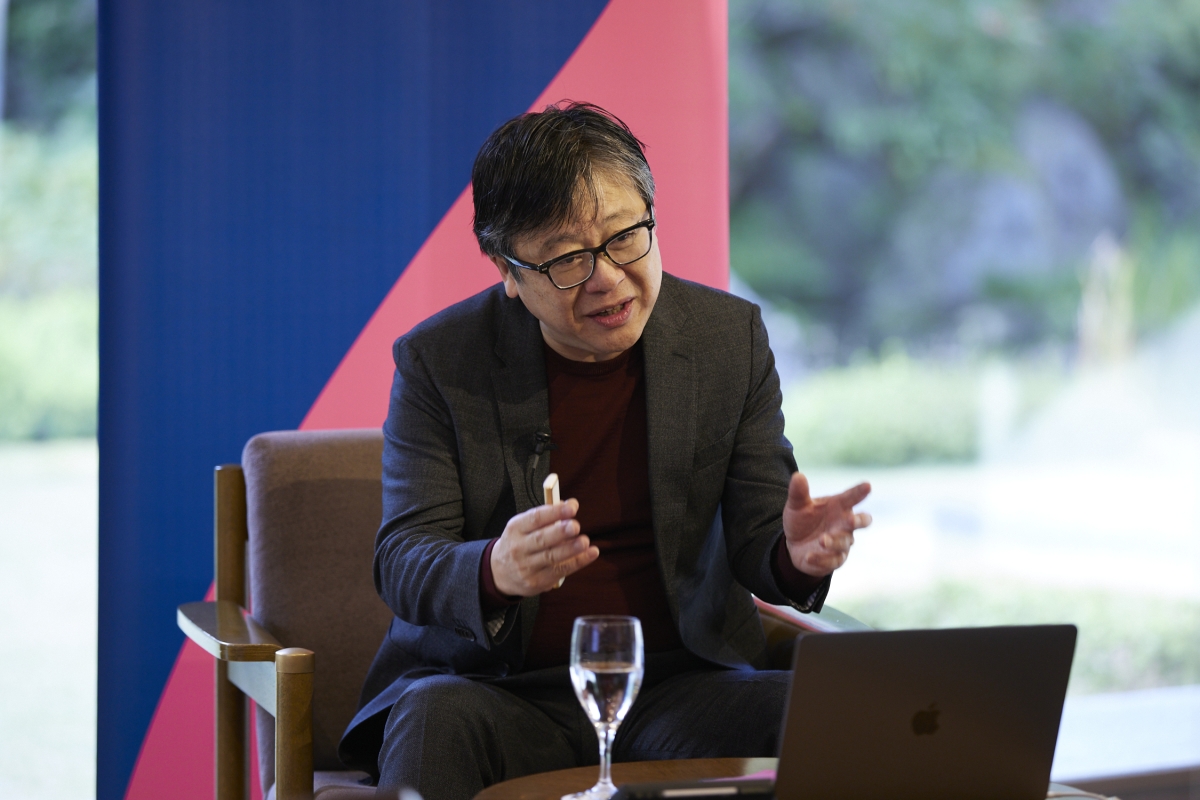
Changing assumptions
Assumptions have changed with the turn of the century. There is greater concern for sustainability. We have seen the emergence of “prosumers.” Small-scale local production for small-scale local consumption is becoming increasingly important in a circular economy. Generation Z prefers a lateral network of independent individuals rather than hierarchy. Carrots and sticks-based management is being replaced with collaboration based on empathy and trust. Value creation is no longer defined by large-scale organizations but has shifted to entrepreneurs and leaders with a holistic perspective. The pendulum is swinging from the U.S. to Asia – China and India, in particular.
B + D + I → SZK
Shizenkan does not deny the Western business school approach at all. Instead, it capitalizes on its quantitative, logical and strategic thinking which fosters abilities to analyze and verify hypotheses. At the same time, it incorporates the design school approach, including ethnography, prototyping and storytelling, which helps frame and envision future businesses and organizations. Another important aspect is the innovation school approach that fosters creativity and aspirations to reach higher goals. This final approach addresses discontinuous innovation, AI and digital literacy, and the decarbonization revolution. By integrating these different strengths from a business policy perspective, Shizenkan aims to cultivate leaders and entrepreneurs with professional skills to deal effectively with transformation and innovation, instead of middle management or functional experts.
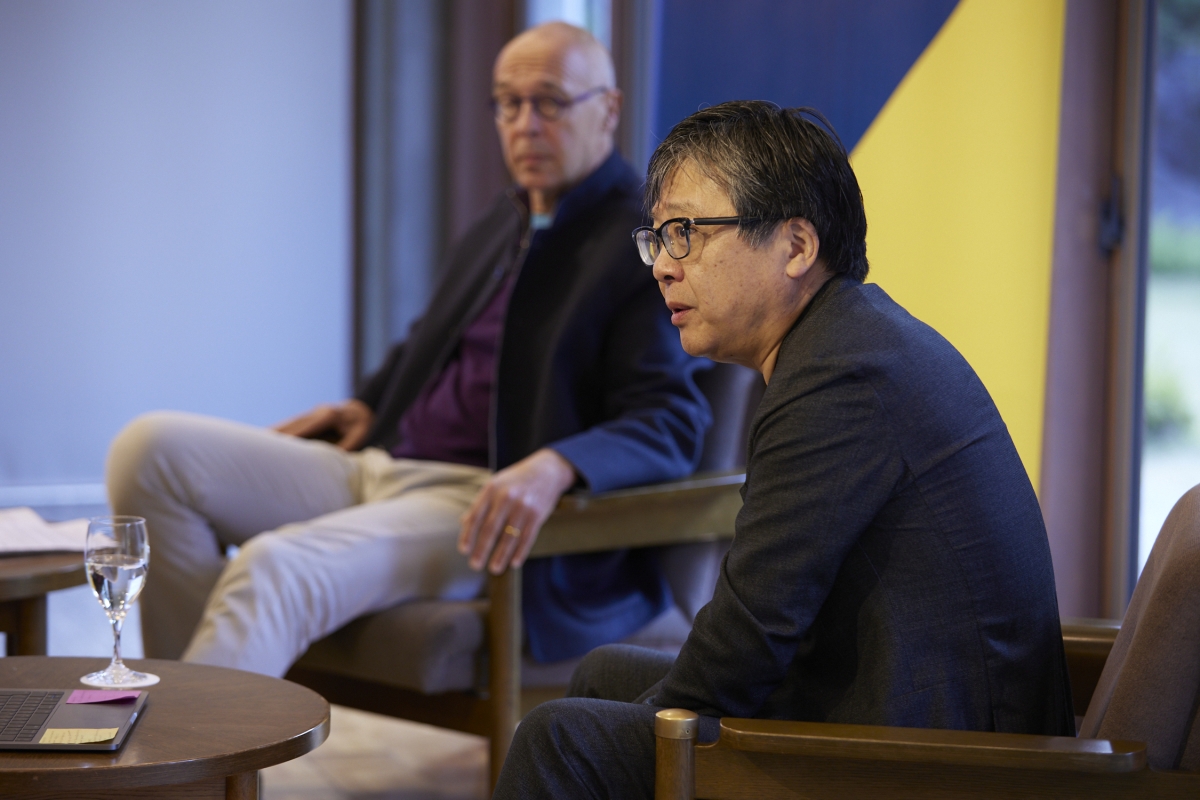
Value-based leadership
Standing at the critical junction of human history, society needs not only professionals but leaders of society. Shizenkan’s value-based leadership focuses on both the ends (why) and the means (how), for what and for whom a business exists and intensively relies on liberal arts education. Dr. Noda feels that conventional business school education has been excessively focused on teaching the “how’s,” and therefore, at Shizenkan, students are constantly asked to elaborate on the objectives of their challenges and endeavors.
Leadership needs to deal with uncertainty and risk. Motivation cannot be a driver of their actions. Rather, leaders are guided by their will power and passion. Therefore, the most important essence of leadership education may be asking ourselves where we come from, who we are, and where we are headed. Hence, Shizenkan relies on the Asian tradition of self-refection.
At Shizenkan, the most important part of fostering leadership is character development. Human capacity, or empathy, integrity and a sense of responsibility, matters the most. Therefore, students are asked to develop deep understanding of human existence and respect for others.
MBA in Design and Leadership
Aiming to be a catalyst for change in global business education, Shizenkan offers MBAs in Design and Leadership for Societal Innovation. It collaborates with like-minded educational institutions, including IESE (Spain), SOIL (India), FGV (Brazil), and Peres Center for Peace and Innovation (Israel) and engages with individuals to create a community of like-minded individuals.
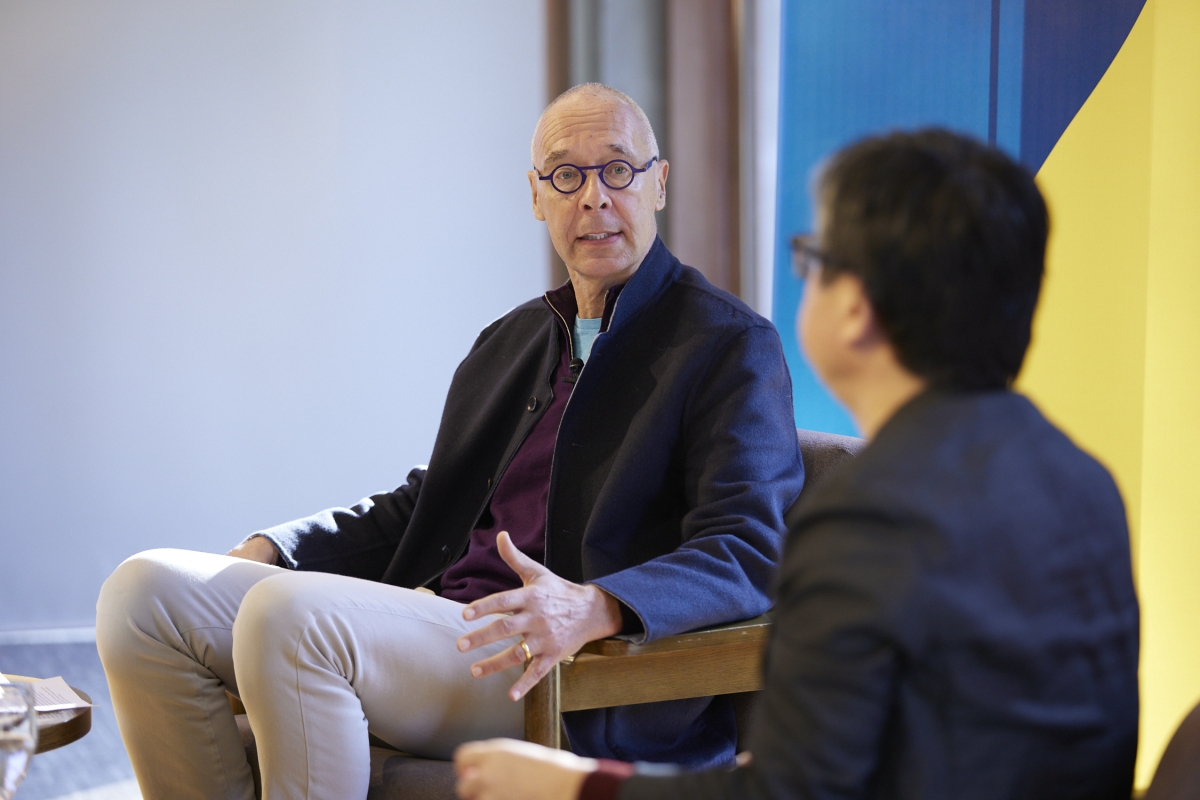
Fireside chat with Mr. Jesper Koll
After his initial comments, Dr. Noda engaged in a fireside chat with Mr. Jesper Koll. In many Asian countries, including Japan, people choose their educational and career paths not based on their will or passion but in response to the expectation of others. Yet, while the corporate Japan paradigm has hindered the development of autonomous individuals, Dr. Noda was reluctant to over-celebrate Western education, which has been excessively focused on individuality and freedom. Shizenkan seeks a more hybrid approach; and hence, Shizenkan harnesses the Asian value of self-reflection, asking students who they are.
Dr. Noda and Mr. Koll’s chat also highlighted how Japan’s peer-review system - and not top-down bureaucracy - ironically but effectively forces the conservative legacy of 20th century education across Japanese universities. Dr. Noda also finds the accreditation business at the international level also very dangerous as it increases membership of “old league” education. Shizenkan has made it clear that it does not wish to be exposed to global accreditation and seeks to support the development of new international standards.
Questions taken from the floor covered ideal leadership models, what foreign governments can do to support Japanese entrepreneurs in globalizing their operations, the composition of Shizenkan student enrollment, and possible advice for Japanese elites in middle management to become leaders.
